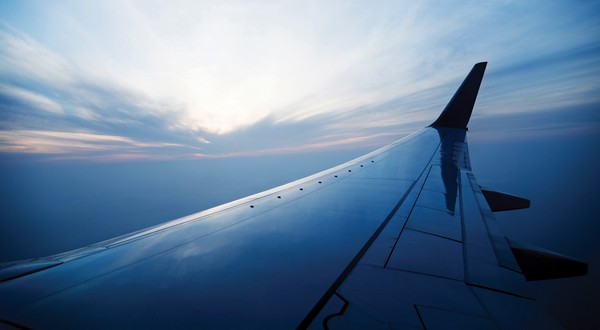Biofuels are the only viable option for sustainable long-haul aviation as electric- and hydrogen-powered options are currently impractical.
The aviation sector was identified as a target in Scion’s 2018 NZ Biofuels Roadmap. Sustainable biofuels are available now that could reduce the aviation industry’s, and New Zealand’s, carbon emissions. While electric, hybrid and hydrogen long-haul aircraft are possibilities for the future, any new technology would also require the infrastructure to support it, both in New Zealand and around the world.
Scion has been working with Air New Zealand, Z Energy and LanzaTech to develop a viable pathway from woody biomass to sustainable aviation fuels (SAF) in New Zealand. This initiative will help New Zealand to reduce our domestic greenhouse gas (GHG) emissions and meet international commitments around sustainable aviation fuels (SAF). A local SAF industry could lead to an estimated 6,400 infrastructure development jobs and a similar number of direct and indirect permanent jobs.
A pathway for SAF production out to 2050 has been described. The development of a policy framework to support biofuel implementation has begun. However, it will take time to produce SAF in New Zealand.
A mandate to produce SAF, and a range of other policy initiatives need to be considered, such as production incentives, capital grants, passenger levies etc., is as essential as the technology to produce the fuel. As part of this process, the Government began consulting in June 2021 on a proposal to increase the use of sustainable liquid biofuels in New Zealand to reduce GHG emissions from transport, including aviation.
Scion, Air New Zealand and Z Energy have independently and jointly, advised Government for a mandate for SAF, and for an aviation-specific decarbonisation advisory body for New Zealand.
Locally produced SAF could help Air New Zealand reduce carbon emissions by up to 85% compared with fossil fuels. Switching to SAF would also pre-empt environmental criticism and the “no-fly, fight-shaming” movement. Promoted as low carbon tourism, a move to sustainability and decarbonisation could become a competitive advantage for New Zealand.
“The collaboration, insights and advice provided over several years by Scion were critical to establishing a sustainable aviation fuel pathway that has the potential to deliver material GHG emission reductions within the aviation sector.” - Eddie Rutgers, Senior Manager Procurement Operations, Air New Zealand
“Aviation is one of the hardest to decarbonise sectors, but we need to address it if we are to achieve a net zero 2050 and remain a desirable trading partner and tourism destination. Z has been appreciative of the wealth of knowledge, expertise and drive that Scion has brought to the sustainable aviation fuel (SAF) initiatives that we have collaborated on. We would not have been able to form such a comprehensive view of the potential for SAF production in New Zealand without the team at Scion.” - Sheena Thomas, Strategy Lead, Z Energy NZ
Funder: Strategic Science Investment Fund
Collaborators: Air New Zealand, Z Energy, LanzaTech, LanzaJet, Refining NZ and Auckland Airport

